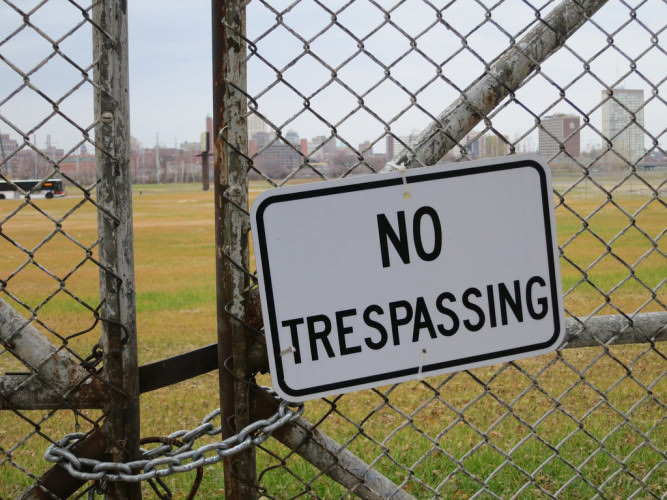
The Do’s and Dont’s of self-help
Self-help, when applied properly, can be a powerful tool that an association can utilize to bring violating owners into compliance with the governing documents. Self-help, also known as the right of abatement, can authorize the board of directors or its agent to remove violations, provide necessary maintenance, and make emergency repairs. When making the determination to exercise self-help, the board should first consider various factors.
First, the board must ensure such a right is actually authorized in the governing documents. In conjunction with this, it is important to determine which violations the board may apply self-help to abate. Governing documents vary in this regard, ranging from limited applicability for architectural modification violations to broad applicability covering maintenance, repair, and use restrictions.
Second, the board must determine whether the governing documents require notice and due process before implementing self-help. This too varies greatly in governing documents. Notification generally provides the owner a description of the nature of the violation and a period of time to abate the violation. Ten, fifteen, and even thirty day notice periods are common before a board may exercise self-help. Most governing documents also include a provision that no notice is required in the event of an emergency. The right of the owner to request a hearing before the board might also be required. Proper notification and strict compliance with any due process procedure in the governing documents is paramount to utilizing self-help.
Third, despite the authority to exercise self-help under the governing documents, the board of directors must determine which types of violations are proper candidates for exercising self-help. There are several factors that a board should consider when deciding which violations warrant self-help, including the costs associated with making the necessary repairs or maintenance, the time it will take to complete the repairs or maintenance, the impact on surrounding owners if the board does not take appropriate action, and the duration of time that the violation has occurred.
Generally, self-help works best when used to bring a homeowner’s lot into compliance with the community-wide standard when a homeowner is not properly maintaining his or her lot. This usually includes mowing, edging, weeding, adding mulch, and other like actions. It is also an invaluable tool to make emergency repairs to an owner’s lot or unit. This often involves water leaks that are causing damage to a lower unit and allows the board to contain the problem prior to further damage being caused by the leak.
Self-help is not, however, the proper remedy for every situation. For instance, in most situations, it is not recommended that an association repaint an owner’s house. The cost related with such maintenance may be too great for a board to want to incur for one lot. There is also an issue with the association incurring potential liability if the association, or more properly the association’s agent, causes damage to the owner’s house in the repainting process. Further, the time that it will take to complete the maintenance can lead to a dispute with the homeowner and potential police involvement. Although the governing documents will quite likely include easement rights for the association and its agent to enter the owner’s lot to exercise the self-help, the police will nevertheless in most instances require the association or its agent to leave the owner’s property unless the association has first obtained a court order to recognize the self-help and right of entry onto the owner’s property.
Self-help is a useful tool that associations can employ to bring violating homeowners into compliance. If there are any questions regarding the authority to utilize self-help or if it is appropriate in a certain case, the board of directors should consult with us.